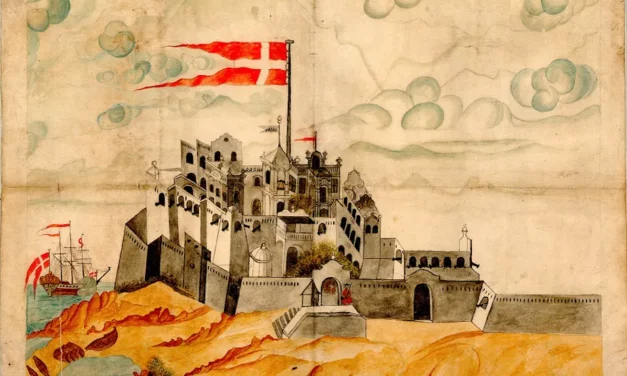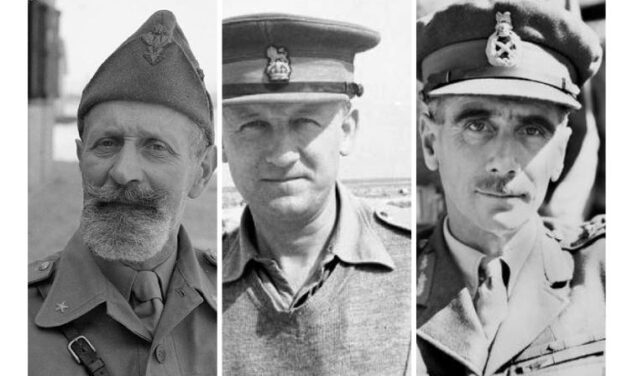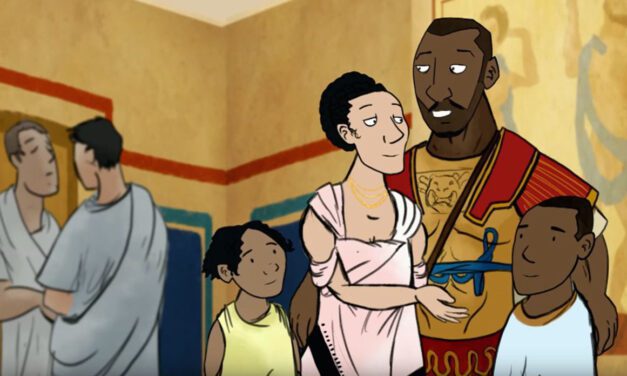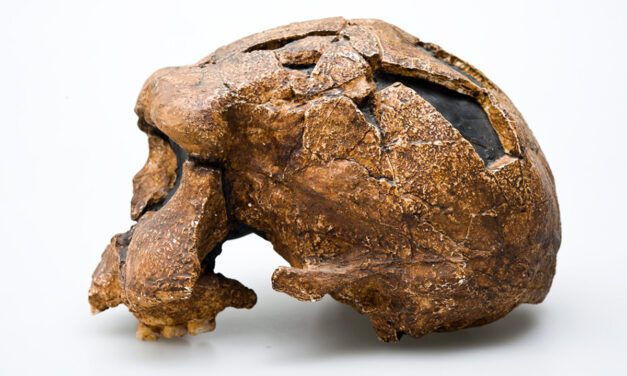Pickett’s Charge: What modern mathematics teaches us about Civil War battle
Reading time: 5 minutes
The Battle of Gettysburg was a turning point in the American Civil War, and Gen. George Pickett’s infantry charge on July 3, 1863, was the battle’s climax. Had the Confederate Army won, it could have continued its invasion of Union territory. Instead, the charge was repelled with heavy losses. This forced the Confederates to retreat south and end their summer campaign.









